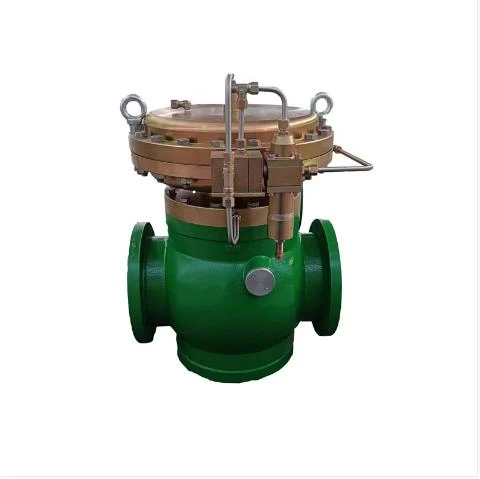
Oct . 17, 2024 13:20
Back to list
الغاز الطبيعي المضغوط
The Potential and Applications of Compressed Natural Gas (CNG)
In the quest for cleaner and more efficient energy sources, compressed natural gas (CNG) has emerged as a pivotal player in the global energy landscape. As a cleaner alternative to traditional fossil fuels, CNG offers a myriad of benefits that extend to multiple sectors including transportation, electricity generation, and industrial operations.
Compressed natural gas is essentially natural gas that has been compressed to less than 1% of its volume at standard atmospheric pressure. This compression allows for more efficient storage and transportation, making it an ideal option for various applications. CNG is primarily composed of methane (CH4), which produces fewer emissions compared to other fossil fuels such as gasoline or diesel when combusted. This characteristic makes it particularly appealing in an era where reducing greenhouse gas emissions is a top priority.
.
Beyond transportation, CNG plays a crucial role in electricity generation. Power plants using CNG as a primary fuel source can produce electricity with lower emissions than coal-fired plants. In many regions, CNG plants serve as a transitional energy source, complementing renewable energy sources like wind and solar. By providing a more stable and reliable energy output, CNG helps to balance the grid, particularly when renewable energy production is inconsistent.
الغاز الطبيعي المضغوط

In industrial applications, CNG is utilized not only as a fuel but also as a feedstock. Industries such as manufacturing, chemicals, and fertilizers rely on natural gas for both energy and as a key raw material. The versatility of CNG allows industries to enhance their energy efficiency and reduce their carbon footprint. As more companies adopt CNG, we can expect a shift in how energy-intensive processes are managed, prioritizing sustainability without compromising on productivity.
However, the adoption of CNG is not without challenges. The initial investment required to build the necessary infrastructure can be substantial, and there are concerns regarding the extraction and transport of natural gas, particularly related to methane leaks during the process. Nonetheless, advancements in technology and stricter regulatory measures are helping to mitigate these issues, enabling a more sustainable path for the expansion of CNG usage.
Moreover, the rise of renewable natural gas (RNG) presents an exciting opportunity for the future of CNG. RNG, produced from organic materials such as agricultural waste and landfills, can be used in the same way as CNG, thus providing a truly renewable alternative. This development not only enhances the sustainability of natural gas but also supports local economies by utilizing regional waste materials.
In conclusion, compressed natural gas represents a vital component of the transition to a more sustainable energy future. Its applications across various sectors, coupled with the potential for renewable natural gas, illustrate its significance as a cleaner alternative to conventional fossil fuels. As technology and infrastructure continue to evolve, CNG offers a pathway to reduce emissions, improve air quality, and support economic growth, making it an indispensable asset in the fight against climate change. The move towards CNG is a clear example of how innovation in energy solutions can pave the way for a cleaner and more sustainable world.
Next:
Latest news
-
Safety Valve Spring-Loaded Design Overpressure ProtectionNewsJul.25,2025
-
Precision Voltage Regulator AC5 Accuracy Grade PerformanceNewsJul.25,2025
-
Natural Gas Pressure Regulating Skid Industrial Pipeline ApplicationsNewsJul.25,2025
-
Natural Gas Filter Stainless Steel Mesh Element DesignNewsJul.25,2025
-
Gas Pressure Regulator Valve Direct-Acting Spring-Loaded DesignNewsJul.25,2025
-
Decompression Equipment Multi-Stage Heat Exchange System DesignNewsJul.25,2025

